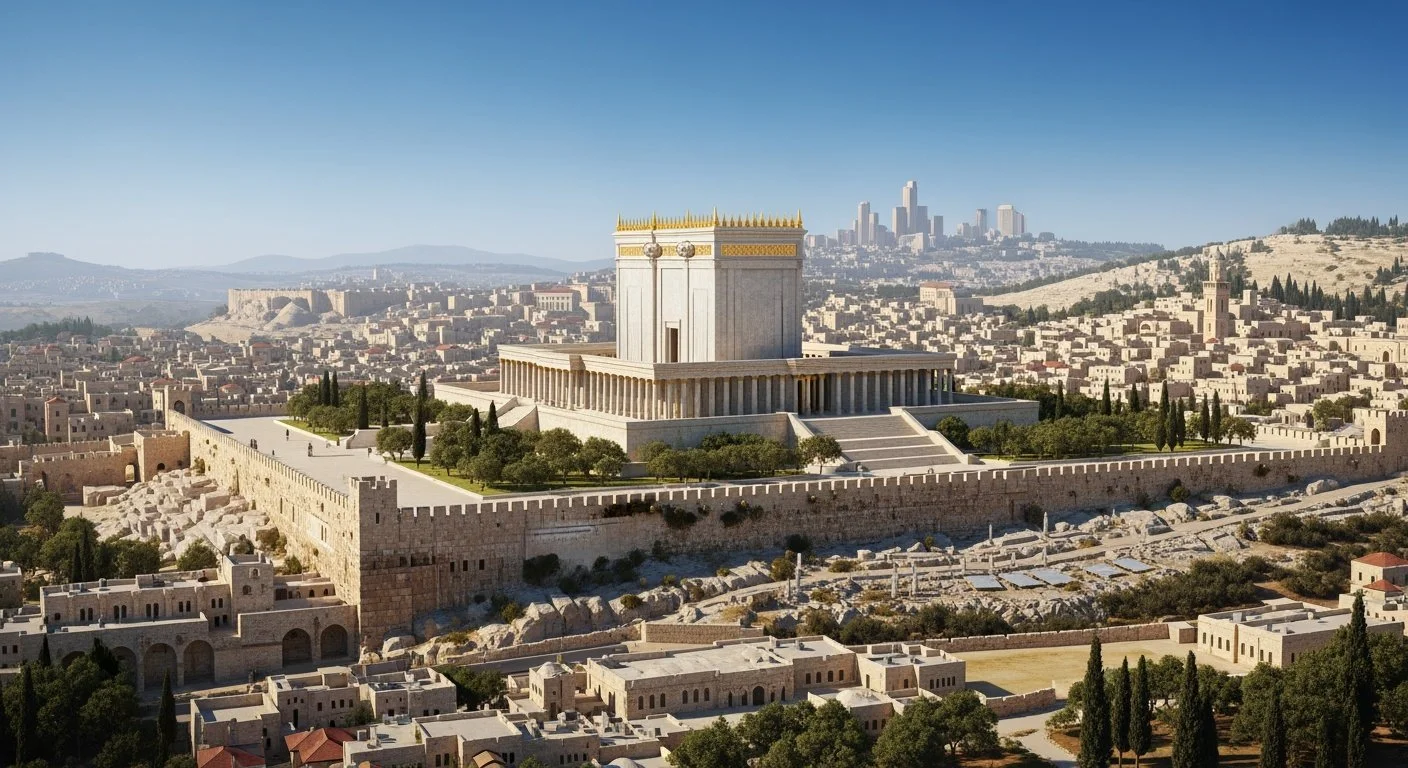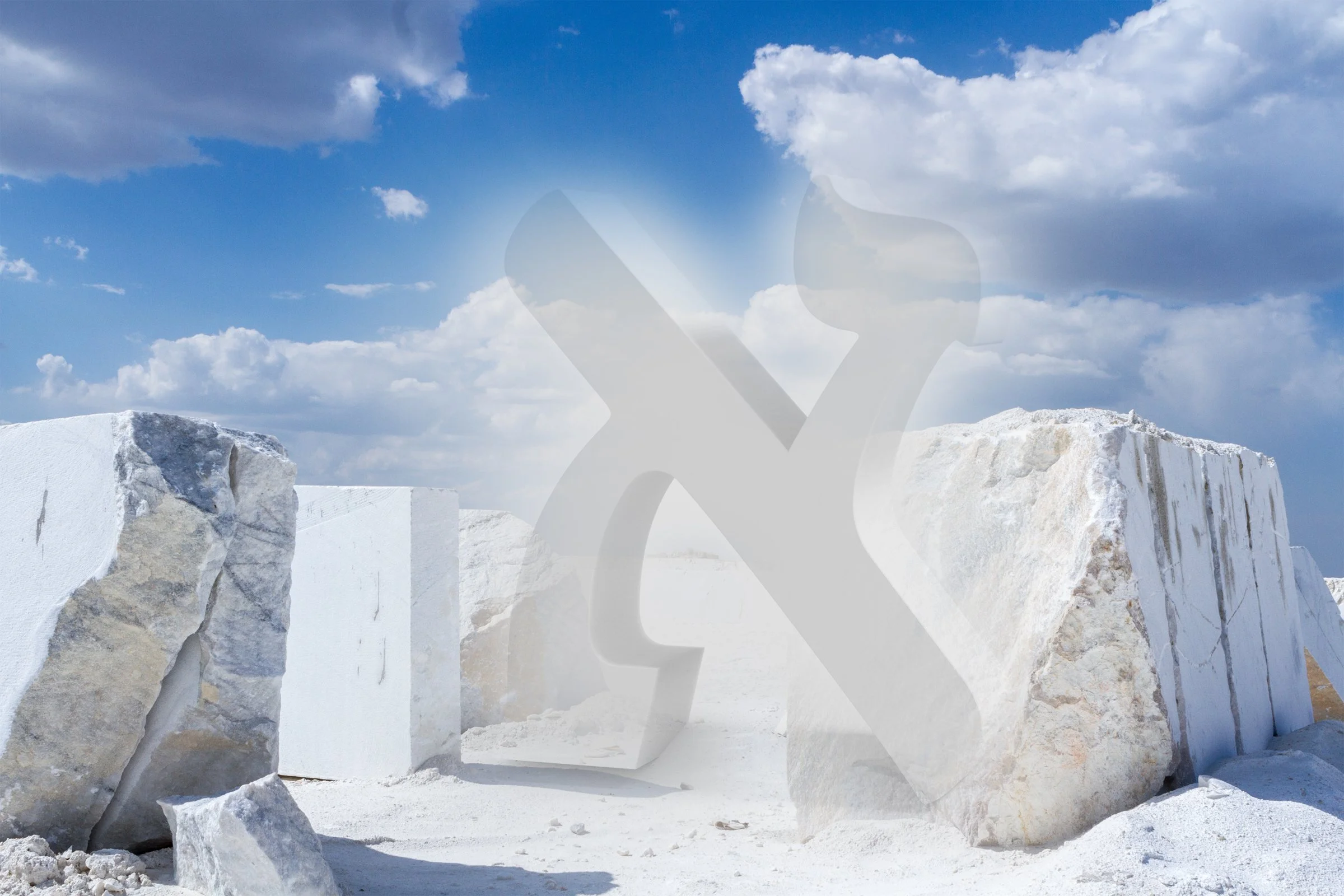The return of Christ to establish His eternal Kingdom initiates an exciting time of restoration for much, but not all, of the earth. After the final battle of Armageddon, some places will never be inhabited again. We read, “It [Babylon] will never be inhabited, Nor will it be settled from generation to generation; Nor will the Arabian pitch tents there, Nor will the shepherds make their sheepfolds there” (Isaiah 13:20).
The Tribulation and God's Judgments
The Book of Daniel gives us the timeframe for the tribulation—seven years. However, Revelation provides considerable detail and specificity about what will occur during this period. Some chapters in the Book of Revelation are parenthetical, providing a broader timeframe for more detailed events. For example, Revelation chapter twelve provides an overview of Israel’s struggle with Satan for the past two thousand years, beginning with the birth of Christ and culminating in the time of Jacob’s trouble. Another example is in chapter thirteen, where we read about the rise of the Antichrist (the beast from the sea) and the false prophet (the beast from the earth). This chapter provides more detailed information about the kingdom of the Antichrist, revealed earlier in chapter six, which begins in the first year of the tribulation. Therefore, recognizing these parenthetical chapters is essential to interpreting the prophetic timeline.
God's Kingdom and The Restoration of Israel
There is something profound in the Lord’s eyes for those from Abraham’s natural lineage. Paul said, “Concerning the election they are beloved for the sake of the fathers” (Romans 11:28). This verse implies that Israel is elected (chosen) by God. Chosenness is deeply misunderstood. To be chosen means to be entrusted with a role, task, or mission more significant than your small self. Chosenness infers we have meaning, destiny, and a greater purpose that is God-given rather than self-motivated. Paul said, “For so the Lord has commanded us: I have set you as a light to the Gentiles, That you should be for salvation to the ends of the earth” (Acts 13:47). Divine election carried Israel to a whole new level, and she is beloved for the sake of the fathers. When God assigned Israel her purpose, she became the fulfillment of that purpose in the form of a nation, and her irrevocable calling was and is to be a light to the Gentiles.
Reconnecting The Church to Israel
Throughout history, the church has sought to understand Israel’s place in God’s Kingdom, and the re-establishment of the state of Israel in 1948 has made this issue even more pressing. But the separation of the church from its Hebraic origins drove it into a period of great darkness. This was only exacerbated by an abyss of unbelief and skepticism caused by “the Enlightenment” (Aufklarung in Germany) that had opened in the West, culminating in self-centeredness, self-worship, and a rise in humanism during the Renaissance.
Israel's Covenants and The Kingdom
It can be said that Israel’s origins begin with Abraham, the father faith, as Paul, “It is of faith that it might be according to grace, so that the promise might be sure to all the seed, not only to those who are of the law, but also to those who are of the faith of Abraham, who is the father of us all” (Romans 4:16). God desired that Abram become a source of blessing to the whole world, setting before him a moral imperative to obey His commandment to leave everything of this world behind. Nearly two thousand years before the Advent of Christ, the Lord God made a covenant with Abraham, promising to make of him a great nation and a company of nations: “I will make you a great nation; I will bless you and make your name great; and you shall be a blessing. I will bless those who bless you, and I will curse him who curses you; and in you all the families of the earth shall be blessed” (Genesis 12:2-3).
Adoption and Grafting
Adoption as a doctrine is not frequently discussed but is important for the believer to understand. The scriptures speak of adoption as both a present and future condition of the believer, the future inferring the return of Christ and our resurrection. Paul said, “We also who have the firstfruits of the Spirit, even we ourselves groan within ourselves, eagerly waiting for the adoption, the redemption of our body” (Romans 8:23); “Having predestined us to adoption as sons by Jesus Christ to Himself, according to the good pleasure of His will” (Ephesians 1:5).
The Works of Christ
Jesus said: “My Father has been working until now, and I have been working” (John 5:17); “I must work the works of Him who sent Me while it is day; the night is coming when no one can work” (John 9:4). Christ’s work of salvation is evident. God Himself, in the Person of His only Son, visited the creation to redeem out of it a people for His own possession. But Christ is more than just our Savior. He is our Prophet, Priest, and King. Each of these in the Old Testament was anointed into their offices with oil, symbolic of the Holy Spirit.
Israel and The Church
The Lord spoke to Jacob, saying, “Your name shall no longer be called Jacob, but Israel; for you have struggled with God and with men, and have prevailed” (Genesis 32:28). Here in Genesis, for the first time, we hear the name “Israel” given by God Himself to Jacob, the patriarch of twelve sons who would become the twelve tribes of Israel.
Entering The Kingdom
The arrival of the Messiah and His death and resurrection is unquestionably the most significant event in human history. Jesus-Yeshua, the Son of God, was born of a woman conceived by the Holy Spirit. He lived a perfect and sinless life, and in God’s time, He gave His life to atone for the sins of humanity.
Every Kingdom Divided
Yeshua said: “Every kingdom divided against itself is brought to desolation, and every city or house divided against itself will not stand. If Satan casts out Satan, he is divided against himself. How then will his kingdom stand?” (Matthew 12:25-26). Yeshua was speaking to the Jewish leaders in this verse, the Pharisees. But notice, He said, “every kingdom.” He was not just speaking of Israel.
Our Civic Responsibility From a Biblical Perspective
Yeshua told us: “My kingdom is not of this world. If My kingdom were of this world, My servants would fight, so that I should not be delivered to the Jews; but now My kingdom is not from here.” (John 18:36). What a powerful statement. If Yeshua’s Kingdom is not of this world, then ours is not either.
The Holy Tongue
God created many languages, as it is written: “From these the coastland peoples of the Gentiles were separated into their lands, everyone according to his language, according to their families, into their nations” (Genesis 10:5). One of those languages was Aramaic. Aramaic is considered a special and unique language. Rabbi Moses Isserlis said that Aramaic has a semi-holiness that dates to Mount Sinai.













